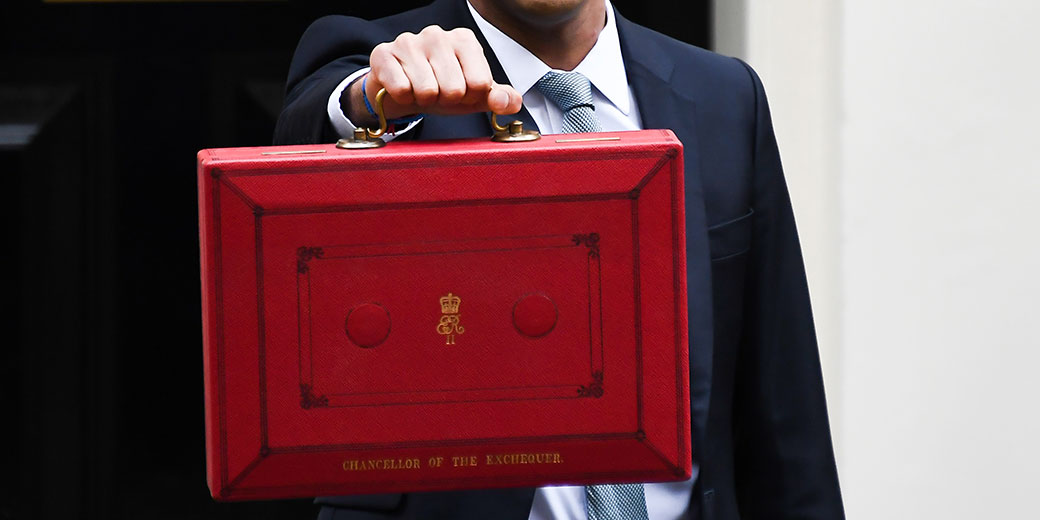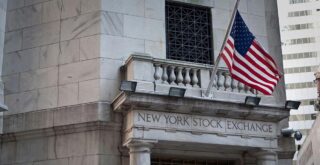Wednesday 11 March is proving to be a day of stimulus for the UK economy as both central bankers and politicians do what they can to fend off the economic impacts of Covid-19.
The Bank of England (BoE) unanimously decided on an emergency rate cut of 50 percentage points and a number of other measures designed to take some of the strain of a world economy that is having its movement restricted.
Another measure announced by the BoE was the decision to offer banks four years of funding at the new rate, plus a fee to help support lending through this challenging period. It will effectively be a term lending scheme for small and medium businesses.
Banks will also be allowed to draw down their countercyclical buffer, which frees up capital to lend an additional £200bn to corporates. This is a radical change from original plans to increase capital commitments, but this reflects the change in environment and the current situation is the type of scenario for which the buffer was created.
The announcements are designed to keep firms going and employment high.
In a co-ordinated strategy, the chancellor then went on to deliver the fiscal stimulus to work alongside the monetary stimulus from the BoE. This was aimed at countering the effects of the coronavirus and also delivering on election promises for the longer term.
The chancellor, Rishi Sunak, announced the largest increase in public spending in 30 years, signalling an end to austerity.
Expectations were high even before the viral outbreak as the government wanted to address regional inequalities and invest in infrastructure for the future.
The speech was separated into two parts.
Firstly, a £30bn response to coronavirus, which looks to buttress the NHS and bridge consumers and small businesses through the difficulties of the virus so they can readily return to normality when the virus is brought under control.
Secondly, the speech set out significant fiscal spending in a number of areas to drive future growth in the economy and ‘level up’ the regions. It was heavily biased to fiscal loosening, with very few funding cuts or new taxes mentioned. The clear message is the government will use ultralow interest rates to invest in the economy with the hope it will drive future economic benefits.
The government offered a three-pronged response to coronavirus.
There will be £5bn set aside for the NHS to research the virus and vaccines, rehire recently retired staff and support existing staff and infrastructure. The chancellor said any demands for funding the NHS through this period would be met.
Another part of the response to the coronavirus was to support consumers through earlier statutory sick pay, increased coverage of sick pay and ease of accessing universal credit and benefits.
Finally, businesses will be helped by government payment of sick leave, tax deferral, removal of business rates and government guarantying loans. This response is targeted at SME businesses.
This is a robust response. From an equity market perspective there is limited stock specific impact. However, it means that the consumer and the small and medium-sized enterprises that employ them will be supported through this period and be well-placed to return to growth once we are through the worst of it. This is good news for UK domestic companies.
The remainder of the speech set out a broad-based plan to invest in the future growth of the economy and support the regions.
The UK will in theory remain within its fiscal targets, although Treasury rules are being reviewed. There was little detail on how fiscal rules would not be broken given that public spending is forecast to grow at twice the rate of GDP growth.
The Treasury is looking to take full advantage of the recently lowered rate of interest and the Gilt market seems to have taken this reasonably well.
The chancellor announced Treasury Green Book rule reviews and that 22,000 civil servants, including 750 staff from the Treasury, would be moved out of London to facilitate a more regional perspective on spending decisions.
Infrastructure spend includes £27bn in road building 2020–25, £5bn in broadband investment, carbon capture spend of £800m by 2030, £12bn for affordable housing and £2.5bn for potholes. This will feed through to some construction companies and material producers but it is hard to quantify at this stage given the limited detail.
There were duty freezes on all types of alcohol, which may encourage consumers to go down to their local pub, but this will likely be more than offset by increases in national living wage, which is set to rise again. The latter will impact most consumer services businesses that have been dealing with rising labour costs for the last few years.
There were a number of green measures to encourage electrification and discourage diesel use. Increased investment in research and development to £22bn by 2024-25 was announced to encourage innovation and boost productivity.
Corporation tax stayed at 19%.
A 2% stamp duty surcharge on non-resident buyers may have a small impact on housebuilders, but it is unlikely to put buyers off.
In summary, it was a broad fiscal spend that will be financed largely by cheap debt. The stock specific impact seems limited at first glance, but there may be more detail to emerge in the full Red Book, the delayed spending review to be announced in July and subsequent Autumn Statement. An optimistic perspective is that after years of brutal austerity, this is a new era of stimulus that should help support growth over many years. In the near term the government and the BoE are working together to bridge the UK over troubled waters.
For Professional Clients – not for Retail use or distribution.
This is a marketing communication and as such the views contained herein are not to be taken as advice or a recommendation to buy or sell any investment or interest thereto. Reliance upon information in this material is at the sole discretion of the reader. Any research in this document has been obtained and may have been acted upon by J.P. Morgan Asset Management for its own purpose. The results of such research are being made available as additional information and do not necessarily reflect the views of J.P. Morgan Asset Management. Any forecasts, figures, opinions, statements of financial market trends or investment techniques and strategies expressed are, unless otherwise stated, J.P. Morgan Asset Management’s own at the date of this document. They are considered to be reliable at the time of writing, may not necessarily be all inclusive and are not guaranteed as to accuracy. They may be subject to change without reference or notification to you. It should be noted that the value of investments and the income from them may fluctuate in accordance with market conditions and investors may not get back the full amount invested. Past performance and yield are not a reliable indicator of current and future results. There is no guarantee that any forecast made will come to pass. J.P. Morgan Asset Management is the brand name for the asset management business of JPMorgan Chase & Co. and its affiliates worldwide. To the extent permitted by applicable law, we may record telephone calls and monitor electronic communications to comply with our legal and regulatory obligations and internal policies. Personal data will be collected, stored and processed by J.P. Morgan Asset Management in accordance with our EMEA Privacy Policy www.jpmorgan.com/emea-privacy-policy. This communication is issued in the UK by JPMorgan Asset Management (UK) Limited, which is authorised and regulated by the Financial Conduct Authority. Registered in England No. 01161446. Registered address: 25 Bank Street, Canary Wharf, London E14 5JP.
0903c02a8283ce3b










